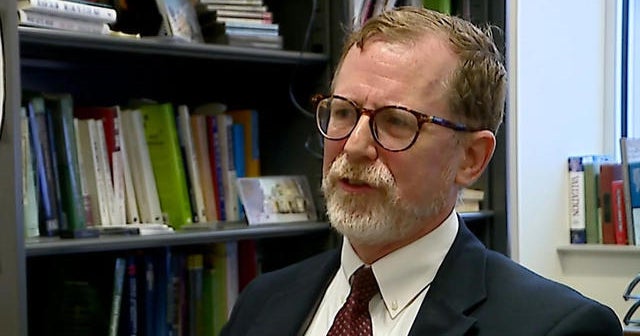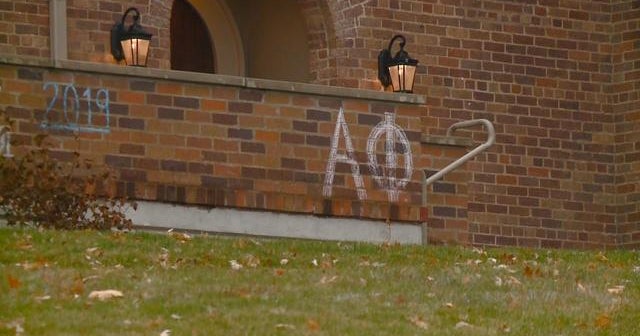Rising Visa Scams: A Growing Threat to Middle Eastern College Students
Middle Eastern students pursuing higher education abroad are increasingly falling victim to sophisticated visa scams, losing thousands of dollars and jeopardizing their academic futures. Fraudsters impersonate immigration officials, university representatives, and visa consultants to exploit students’ aspirations. Authorities report a 35% surge in cases since 2022, prompting urgent calls for awareness campaigns and institutional safeguards.
How Scammers Target Vulnerable Students
Cybercriminals deploy multiple tactics to ensnare victims, often researching their targets through social media and university forums. Common schemes include:
- Phony consultancy firms: Fake agencies promise guaranteed visas for upfront fees, then disappear
- Cloned government websites: Convincing replicas that steal sensitive information during “application” processes
- Emergency fee scams: Urgent demands for payments to “unlock” supposedly held visas
“These criminals prey on students’ anxieties about visa deadlines and limited slots,” explains Dr. Amina Khalid, director of the Dubai-based Educational Integrity Foundation. “We’ve seen cases where victims transferred $15,000 for nonexistent ‘priority processing.'”
The Human Cost Behind the Statistics
Recent data from Interpol’s Project First Light reveals:
- Over 2,300 reported cases from GCC countries in 2023
- Average financial loss of $8,700 per victim
- 17% of victims abandoned study plans after being scammed
One Jordanian pre-med student, who asked to remain anonymous, described her ordeal: “The agent showed me fabricated approval letters from a Canadian university. After I wired the money, his office was empty the next day. I lost my tuition deposit and had to defer my dreams.”
Institutional Responses and Prevention Strategies
Universities and governments are implementing countermeasures:
- The UAE launched the “Study Secure” portal with verified consultant listings
- UK Visas and Immigration now sends direct SMS alerts about application status
- Several US colleges host pre-departure webinars covering scam recognition
However, cybersecurity expert Mark Williams warns: “Scammers constantly adapt. Last month we identified fake AI chatbots posing as visa officers on Telegram. Students must verify every communication through official channels.”
Protecting Yourself: Essential Tips for Students
Education specialists recommend these safeguards:
- Always cross-check consultant credentials with embassy websites
- Never share passport details via social media or unsecured platforms
- Be wary of deals requiring cryptocurrency payments
- Confirm university admission directly with institutional emails (not @gmail addresses)
Qatar University’s International Office emphasizes: “Legitimate processes never demand immediate payments under threat of losing your spot. That pressure tactic is the biggest red flag.”
The Road Ahead: Combating Visa Fraud Collectively
Industry analysts predict scam attempts will rise as global student mobility rebounds post-pandemic. Emerging trends include:
- Deepfake video calls with “university officials”
- Fake scholarship offers requiring “processing fees”
- Compromised WhatsApp accounts spreading malware through “visa forms”
Governments are establishing joint task forces, while fintech companies develop specialized algorithms to flag suspicious education-related transactions. Meanwhile, victim support groups help defrauded students navigate legal recourse and emotional trauma.
Students and families can report suspected scams through their nearest embassy’s fraud hotline or via INTERPOL’s global network. Early reporting increases recovery chances and helps authorities disrupt criminal operations.
See more TED Talks World



